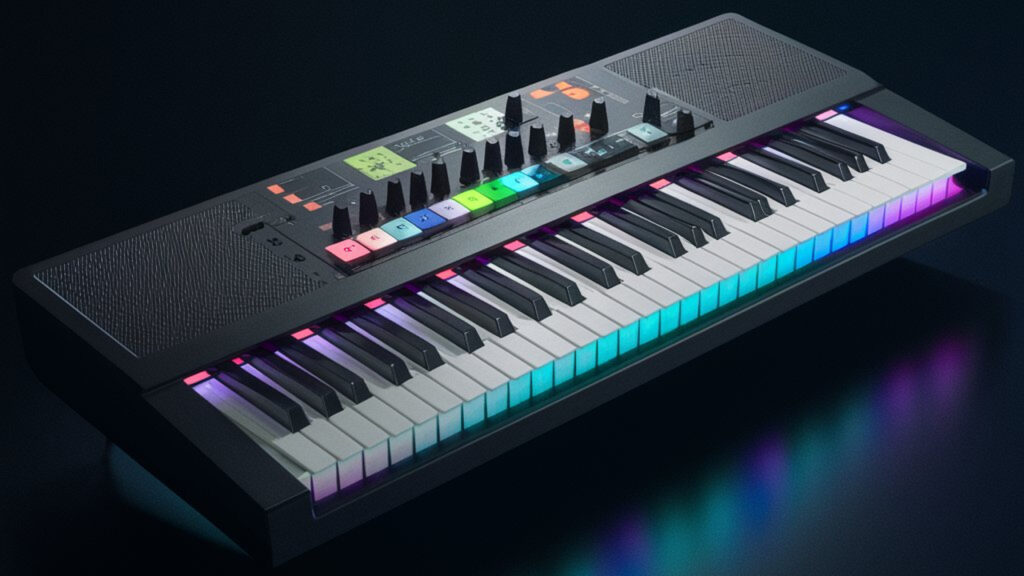When it comes to choosing a keyboard, one of the most common questions that arise is whether you need an 88-key keyboard. The answer to this question largely depends on your musical aspirations and the type of music you want to play. In this comprehensive guide, we will explore the reasons why an 88-key keyboard might be the right choice for you.
What is an 88-Key Keyboard?
An 88-key keyboard is a full-size piano keyboard with 52 white keys and 36 black keys, spanning over 7 octaves. This type of keyboard provides the same range as a traditional acoustic piano, allowing for a wide range of musical expression. However, there are also smaller keyboards with 61, 76, or even 49 keys, which may be more suitable for certain situations.
Aspiring Pianists and Classical Musicians
If you aspire to become a pianist or if you are interested in playing classical music, an 88-key keyboard is highly recommended. Classical compositions often require the full range of an 88-key keyboard, and learning on a full-size keyboard will better prepare you for playing on acoustic pianos in the future. The 88 keys provide a complete and authentic piano-playing experience, allowing for the expression of intricate musical pieces.
Benefits of an 88-Key Keyboard
Here are some key benefits of opting for an 88-key keyboard:
- Full Range: An 88-key keyboard provides the complete range of notes, allowing for versatile playing across different musical genres.
- Authentic Experience: The full-size keyboard closely replicates the feel and sound of a traditional acoustic piano, offering a more authentic playing experience.
- Preparation for Performance: If you plan to perform on a grand piano or in a concert setting, practicing on an 88-key keyboard will better prepare you for such performances.
- Learning Classical Repertoire: Many classical compositions require the full range of an 88-key keyboard, making it essential for aspiring classical musicians.
Considerations for Beginners
For beginners, the decision to invest in an 88-key keyboard can be daunting. However, it is important to consider your long-term musical goals. While smaller keyboards may be more affordable and portable, they may limit your ability to explore certain musical pieces and genres. Additionally, as your skills progress, you may find yourself wanting the extended range and versatility of an 88-key keyboard.
Electronic Music Production and Performance
If you are primarily interested in electronic music production, an 88-key keyboard may not be a necessity. Many electronic music producers and performers find that smaller, more portable keyboards suit their needs, especially when working with digital audio workstations (DAWs) and MIDI controllers. In such cases, a compact keyboard with a range of 61 or 76 keys may be more practical.
